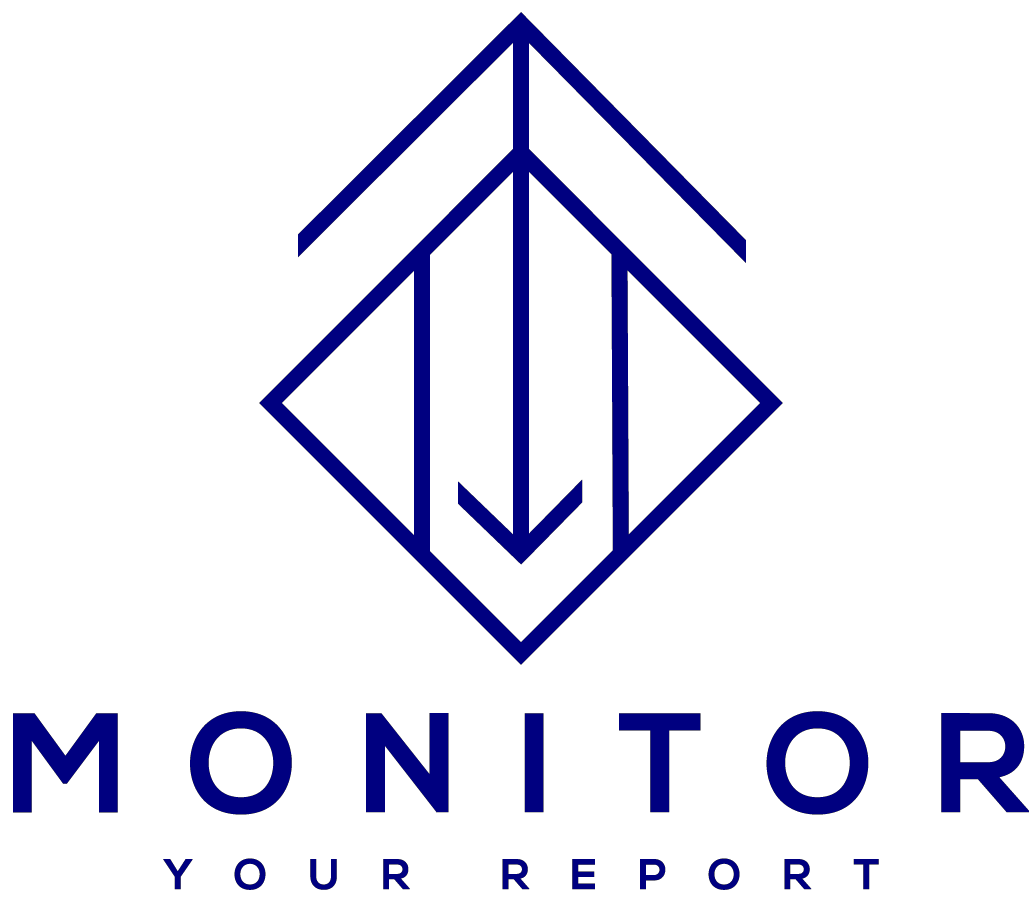Improve Your Credit Profile To Obtain Better Credit Deals
When you apply for credit, it is understood that the lender will check your credit report. The information contained in your credit report helps lenders decide how much credit and what interest rate you are eligible for. The more stable your credit history, the more likely you will qualify for the best credit deals.
What They Look For:
Pay Your Bills On Time
Creditors always check to see that the prospective borrower is worth the risk. So pay your bills on time! This demonstrates that you are what they are looking for.
Good credit does not necessarily mean perfect credit. “Good” credit can include a few minor problems, such as:
- Up to two credit card payments 30 days late.
- One installment payment, such as an auto or student loan payment, 30 days late.
- Applied for a large amount of credit due to financial difficulty.
- Overextended yourself by taking on more debt that you can really repay.

